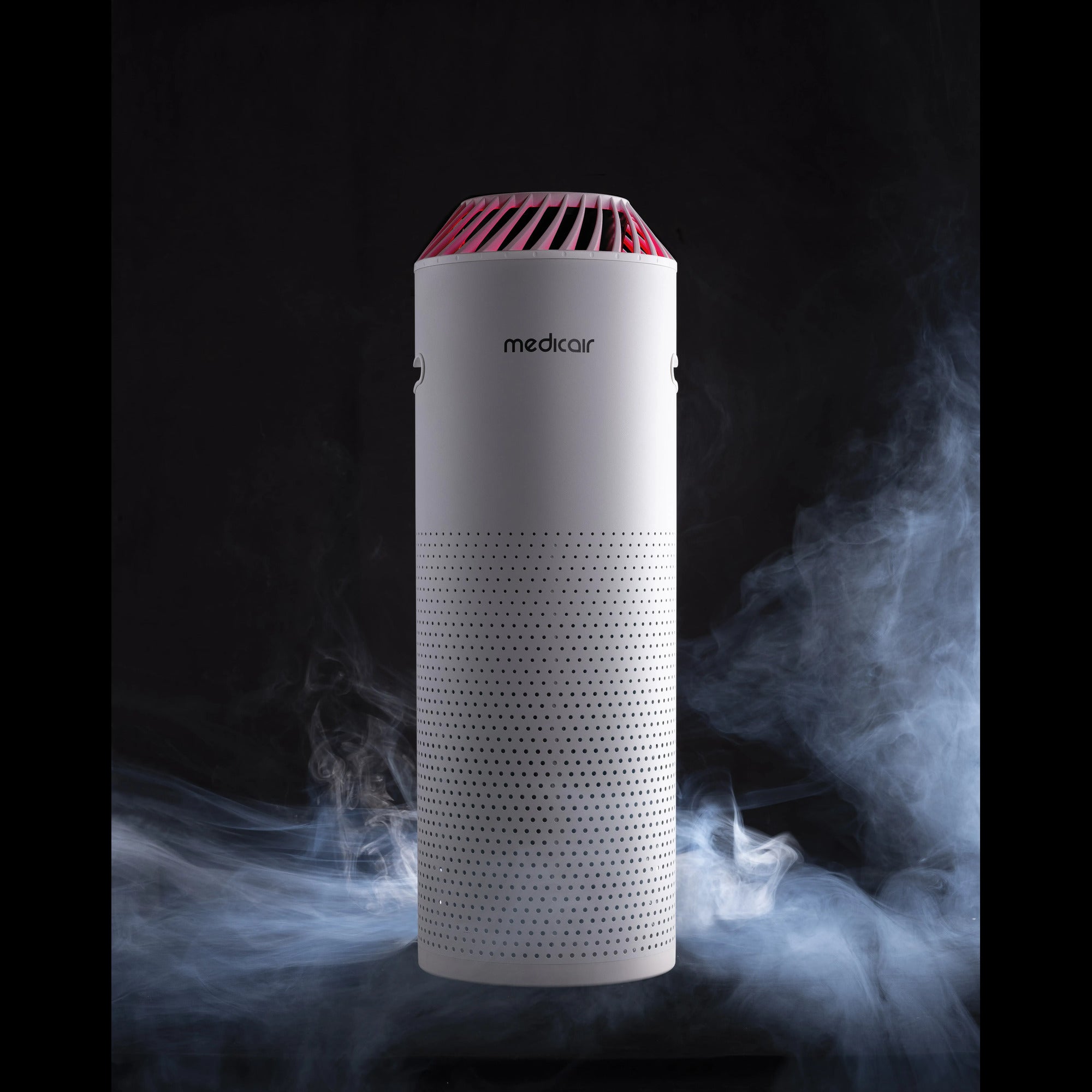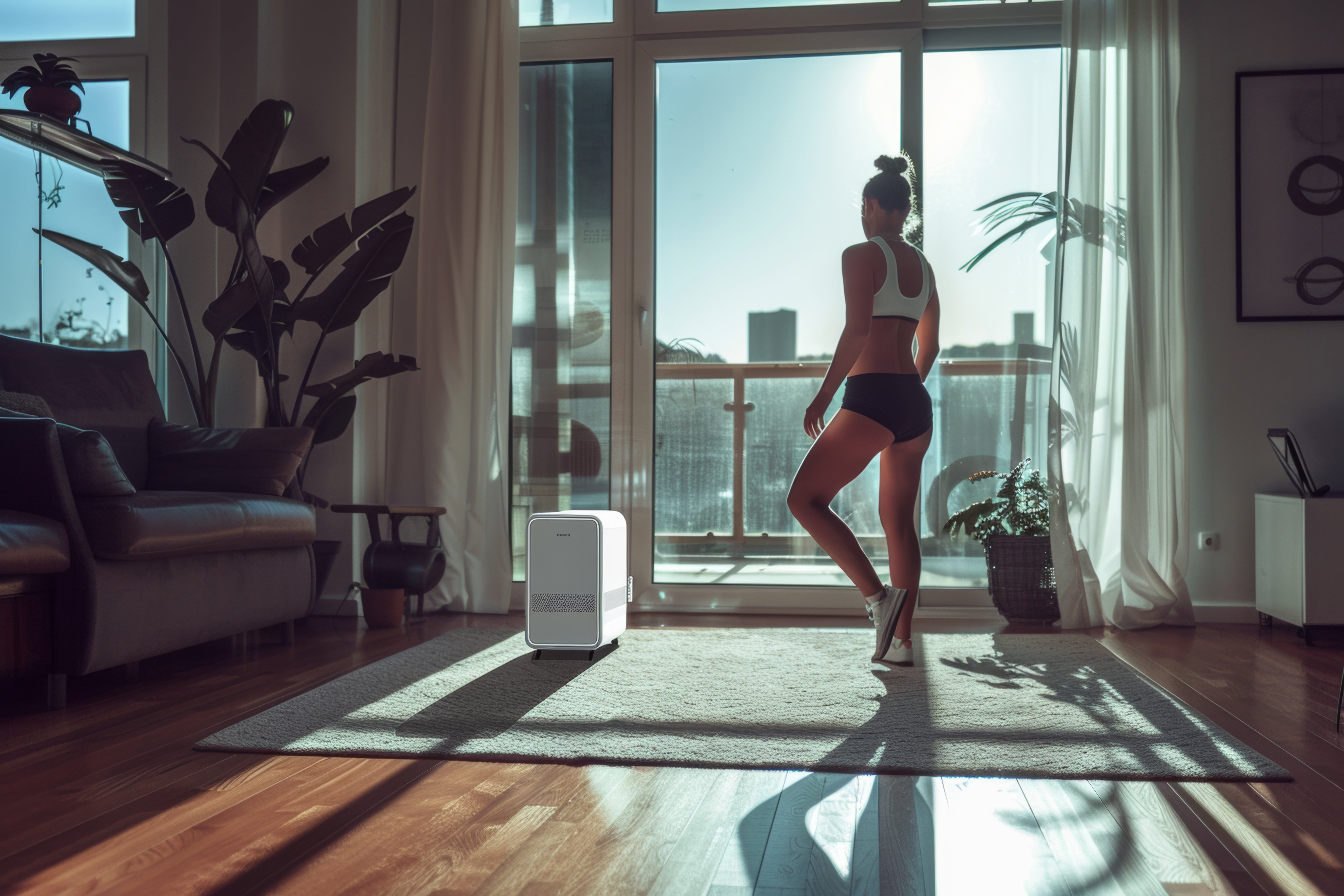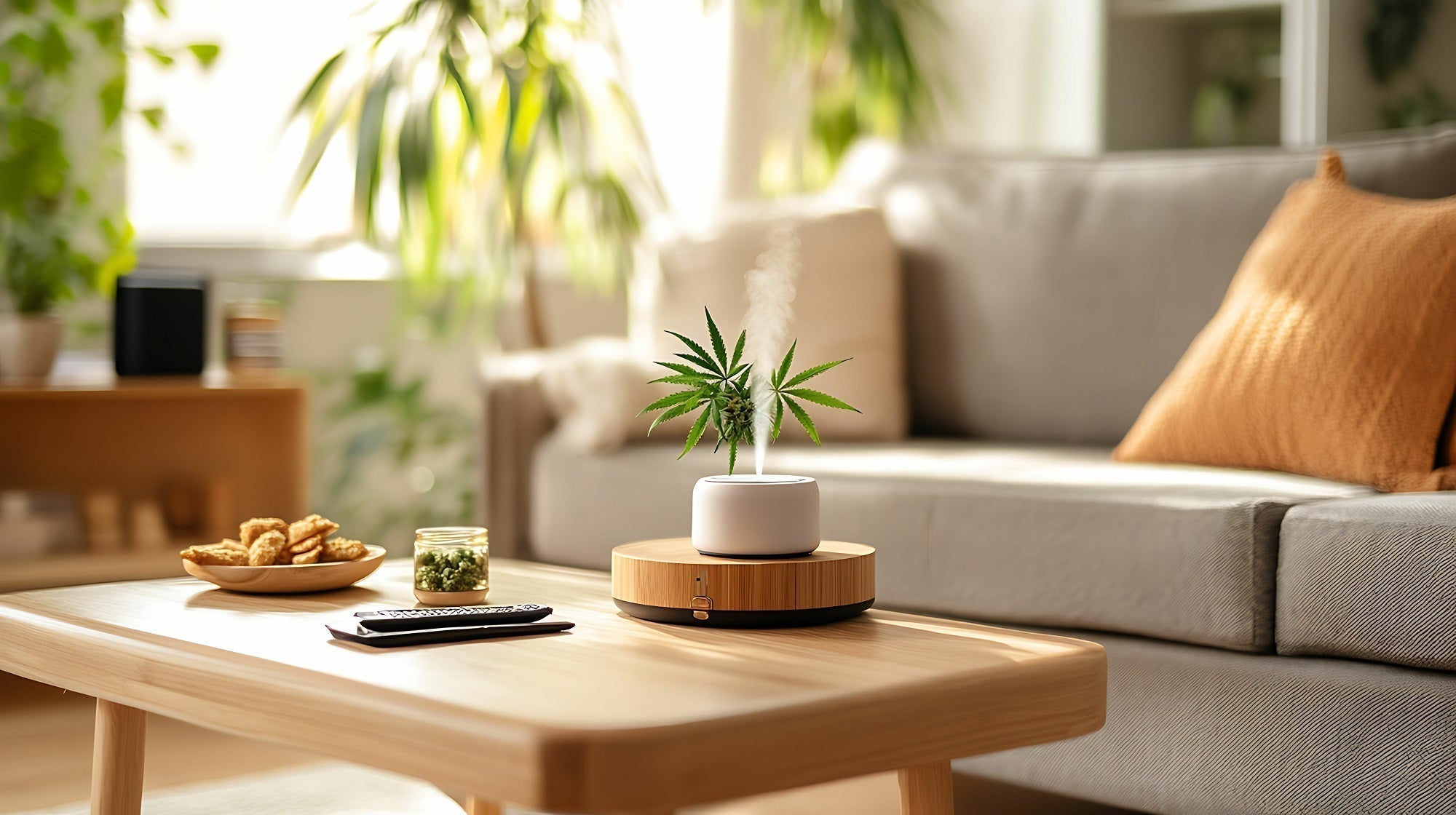Are air purifiers any good for dust allergies?

Dust allergies can be a constant source of discomfort for many people. The sneezing, congestion, and itchy eyes can be a daily struggle, especially for those who live in areas with high levels of airborne allergens. However, there are steps you can take to reduce your exposure to allergens and alleviate your symptoms. One effective method is through the use of air purifiers.
Air purifiers are devices that work by removing impurities, such as dust and other allergens, from the air. They can be particularly helpful for those who suffer from allergies or asthma. Here are some tips for using air purifiers to help alleviate your dust allergy symptoms.
Choose the right air purifier
When selecting an air purifier for your dust allergy, consider the size of the room you want to use it in. Make sure to choose an air purifier that is designed for the size of the room. You can also consider the type of filter used in the air purifier. HEPA (High-Efficiency Particulate Air) filters are known to be effective at removing allergens from the air, including dust mites and pollen.
Place the air purifier correctly
The placement of your air purifier can also affect its effectiveness. Consider where the majority of dust tends to accumulate in your home and place the air purifier in that area. For example, if dust tends to accumulate near the windows, you may want to place the air purifier near them.
Run the air purifier consistently
Running your air purifier consistently can help maintain a healthy level of air quality in your home. Consider running it throughout the day, particularly when you are at home. This will help keep the air free of dust and other allergens, making it easier for you to breathe.
Keep your air purifier clean
Regularly cleaning your air purifier is important to ensure it continues to work effectively. Follow the manufacturer’s instructions for cleaning and maintenance, which may include replacing the filter on a regular basis. A dirty filter can become clogged, reducing the effectiveness of the air purifier.
Use other methods to reduce dust in your home
While air purifiers can be an effective tool in reducing dust allergies, they are not the only solution. You can also take other steps to reduce the amount of dust in your home. This can include regularly vacuuming, dusting, and washing bedding.
In conclusion
Air purifiers can be an effective tool in reducing dust allergies. By selecting the right air purifier, placing it correctly, running it consistently, keeping it clean, and taking other steps to reduce dust in your home, you can breathe easier and alleviate your dust allergy symptoms.
Recent Blogs
Independent Global Testing Confirms MedicAir’s Filtration Excellence
Two of MedicAir’s flagship systems – the MedicAir Pro and MedicAir Pro Max – have been independently verified for their outstanding performance in real-world environments, following rigorous testing conducted in Kuwait by international air filtration expert Dr Iyad Al-Attar.
Heatwaves and Indoor Air Quality: How MedicAir Safeguards Health and Productivity
The recent heatwave has brought swelteringly high temperatures across the UK, significantly impacting indoor air quality (IAQ) and indoor environmental quality (IEQ).
Why Indoor Air Quality Matters for Cannabis Grow Rooms
With MedicAir, you get more than just air purification–you get peace of mind, knowing your plants are thriving in a controlled, contaminant-free environment.


